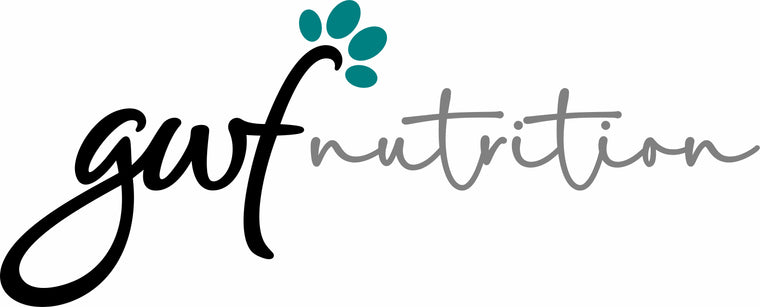Health & Nutrition Blog
Should I Feed My Horse a Gut Balancer?
Since we introduced the concept of gut balancers back in 1989, this approach to feeding horses has become widespread, with similar products offered by all the major feed companies in the UK. But how important is a feed balancer – and can you do without it?
Pet Safety in the Hot Summer Weather
The sunny weather at this time of year can be glorious, but extreme temperatures can also pose a danger to us and to our animals. We share some simple tips to help you make sure your cats, dogs and horses stay safe in when the temperatures are soaring outside.
Turning Your Horse Out For Spring & Summer
Spring has certainly arrived and your horse will be ready to enjoy the spring grass, especially if they’ve been eating hay all winter. But how do you manage horses in spring grass and when is it safe for horses to be turned out?
Looking After Your Horse's Health in Winter
As the winter nights creep in, and the weather turns colder, it’s important to think about the changes in conditions and how they can affect your horse’s health.
At this time of year you may be stabling during the night and even parts of the day – which means less room for your horse to move around as well as reduced or no ad-lib grazing.
Choosing a Muscle Supplement for Your Horse
Whether you are gearing up for competition season or you have an ex-performance horse enjoying its retirement, issues like tying up or muscle loss can be common and frustrating. And because all horses use their muscles extensively during every ride, giving them the proper care is essential. Follow these tips to keep your horse’s muscles in tip top condition.
How to Estimate Your Horse's Weight
How much you should feed your horse depends on the weight of your animal and working this out is not always easy. If you don't have access to a horse weighbridge, this calculation gives a handy way to estimate your horse or pony's weight with a few simple measurements. It is also more accurate than weight tapes, so it's ideal for calculating feeds and worming treatments.
Hay or Haylage for a Horse With Ulcers? Getting Forage Feeding Right
Forage is without doubt the most crucial part of any horse’s diet. It is more important than any other feed type, or supplement, and is often overlooked when planning a feeding programme or addressing digestive disorders. So which forage should you feed your horse?
Colic in Horses - How To Spot The Warning Signs and What To Do Next
There are a number of causes of colic in horses, from indigestion to twisted intestines or blockages from feed, and the word "colic" itself simply means abdominal pain. Although equine colic is relatively common and can often be easily treated, it can also be extremely dangerous for your horse and should always be treated as an emergency.
Laminitis in Horses: The Signs and How To Prevent It
With laminitis reportedly affecting 1 in 10 horses in Britain these days, it’s important to make sure you understand what can cause the condition and recognise the signs. Laminitis in horses occurs when the laminae starts to break down, causing the pedal bone to pull away from the horse’s hoof. The laminae is a soft tissue structure that holds the horse’s pedal bone to the hoof. It has a high blood supply and a very high nerve content.
